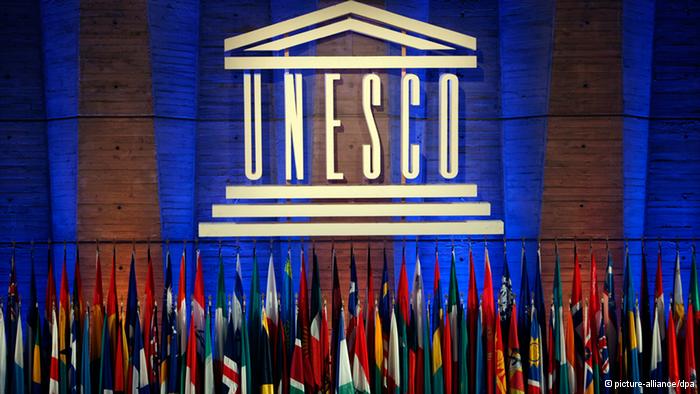Saudi Arabia joins UNESCO marine heritage conference
Mon 09 Sep 2019, 16:09:37

Alaska: Delegates from Saudi Arabia participated in UNESCO 4th World Heritage marine site managers conference at Glacier Bay National Park, Alaska, US.
The conference coincides with the announcement of the French Austral Island Park (Kerguelen Islands, France) in the Southern Ocean as the 50th addition to the Marine World Heritage Sites list. UNESCO representatives and other participants gathered to share their experiences and improve their capacity to conserve these sites and enhance their resilience to climate change.
Saudi Arabia, a member of UNESCO’s World Heritage Convention, took part for the first time at this conference with a delegation led by the Ministry of Culture and experts and representatives from the Ministry of Environment, Water and Agriculture, Vision 2030, giga-projects (NEOM and the Red Sea Project) and King Abdullah University of Science and Technology (KAUST).
The Ministry of Culture said that its sponsorship of the UNESCO conference demonstrated its commitment to supporting international efforts to protect sites and safeguard the world’s natural wonders.
The Kingdom is taking steps to develop cutting-edge technology and engage world-class expertise to present the Red Sea coral reefs and adjoining ecosystem as a model to other similar environments across the world. Global attention is now focusing on the corals of the northern Red Sea as evidence of their resistance to climate change becomes clear, providing hope for coral reefs in other places around the world.
Given the importance of Red Sea coral reefs and other marine ecosystems in Saudi Arabia, the Ministry of Culture is working closely with UNESCO — the Kingdom has been a member of the World Heritage Convention since 1978 — to seek protected status for Red Sea coral reefs and other Red Sea marine
heritage sites, and Marine World Heritage status to preserve them for future generations.
heritage sites, and Marine World Heritage status to preserve them for future generations.
During the opening speech, the Ministry of Culture delivered a message from Prince Badr bin Abdullah Al-Saud, the Saudi Minister of Culture: “There is strong evidence that our coral reefs in the Red Sea will prove to be the most resilient to climate change. That makes them globally important. Our natural environment is vital for the health and viability of our planet, and also vital for the future of Saudi Arabia, which is why we are committed to working together to conserve and protect marine environment.”
Fanny Douvere, coordinator of the World Heritage Marine Program, welcomed the contribution of the Kingdom: “The 50 UNESCO Marine World Heritage Sites currently listed are the jewels of the ocean but face multiple challenges. The support of the Kingdom of Saudi Arabia is crucial in distilling solutions across these sites, learning from experiences to avoid costly mistakes, and, together, charting the course forward to accelerate the achievement of the UN 2030 Sustainable Development Goals.”
The Saudi delegation said that the Kingdom’s commitment to the preservation of global heritage was a building block as it prepares to be the center of global attention when it hosts the G20 summit in 2020.
Marine heritage is a priority for the Ministry of Culture. It sits within the “natural heritage” sector — one of 16 sectors that the ministry has prioritized, as outlined in the ministry’s “cultural vision” launched earlier this year.
The Kingdom’s presence and support in providing technical knowledge and expertise to UNESCO’s Marine World Heritage Program is consistent with the priorities of the Ministry of Culture, MEWA, and more broadly, with those of Vision 2030.
No Comments For This Post, Be first to write a Comment.
Most viewed from International
Most viewed from World
AIMIM News
Latest Urdu News
Most Viewed
May 26, 2020
Do you think Canada-India relations will improve under New PM Mark Carney?
Latest Videos View All
Like Us
Home
About Us
Advertise With Us
All Polls
Epaper Archives
Privacy Policy
Contact Us
Download Etemaad App
© 2025 Etemaad Daily News, All Rights Reserved.

.jpg)
.jpg)
.jpg)






.jpg)


.jpg)
.jpg)
.jpg)
.jpg)
.jpg)
.jpg)
.jpg)
.jpg)
.jpg)
.jpg)
.jpg)
.jpg)

















